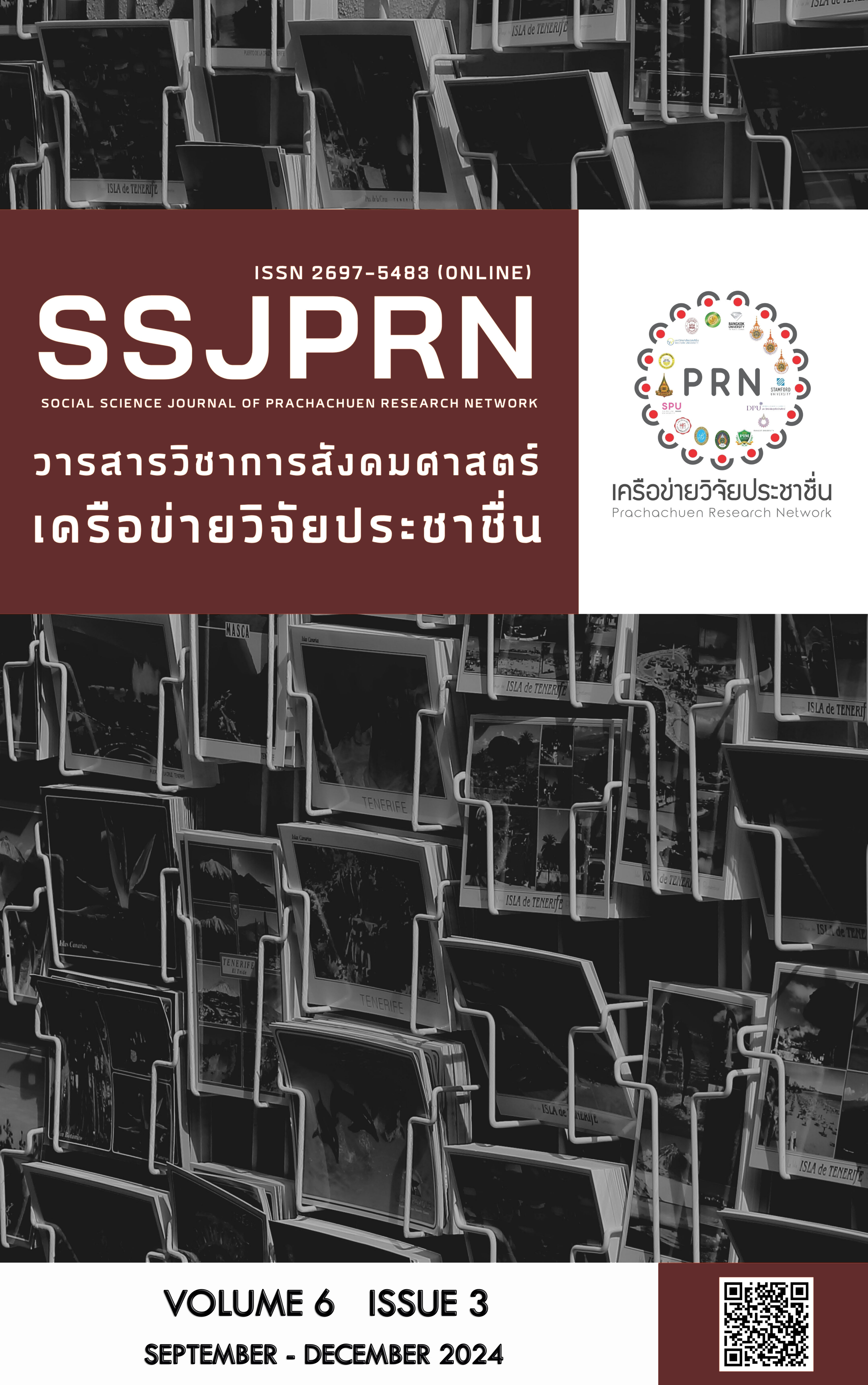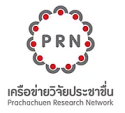INFLUENCE OF TRANSFORMATIONAL LEADERSHIP AND JOB SATISFACTION ON TURNOVER INTENTION IN ENTERPRISES: A CASE STUDY OF CHINA CONSTRUCTION INTERNATIONAL EMPLOYEE
Keywords:
Transformational Leadership, Job Satisfaction, Turnover IntentionAbstract
The purposes of this study were: 1) to examine the relationship between transformational leadership, job satisfaction, and turnover intention; and 2) to explore the influence of transformational leadership and job satisfaction on turnover intention. The research instrument was a questionnaire. The sample used in this study consisted of 400 China Construction International employees who were recruited by a purposive sampling method. The statistics employed in the data analysis were minimum, maximum, mean, standard deviation, Pearson correlation, and multiple linear regression.
The study results indicate that 1) both transformational leadership and job satisfaction had a negative correlation with turnover intention at the .01 level of significance; 2) transformational leadership significantly influenced turnover intention (p < .001, β = -.530); and 3) job satisfaction also significantly influenced turnover intention (p < .001, β = -.227). The findings show that transformational leadership has a moderately negative influence on turnover intention. Meanwhile, transformational leadership has a weak negative influence on the turnover intention decisions of China Construction International employees. Additionally, job satisfaction was also correlated with intentions to resign from the organization. These results emphasize the need for effective leadership practices and tactics to boost job satisfaction, retention, and organizational stability.
References
Bass, B. M. (1985). Leadership and Performance Beyond Expectations. Free Press.
Burns, J. M. (1978). Leadership. Harper and Row.
Carsten, J. M., & Spector, P. E. (1987) Unemployment, job satisfaction, and employee turnover: a meta analytic test of the Much in sky model. Journal of Applied Psychology, 72, 374–381.
Gaio Santos, G., & Martins, D. (2021). Linking career success motives and career boundaries to repatriates’ turnover intentions: A case study. The International Journal of Human Resource Management, 32(16), 3458-3501.
Gerlach, F., Hundeling M., & Rosing K. (2020). Ambidextrous leadership and innovation performance: A longitudinal study. Leadership & Organization Development Journal, 41, 383–398.
March, J. G., & Simon, H. A. (1958). Organizations. Wiley.
Nawaz Khan, A., Khan, N. A., & Soomro, M. A. (2020). Influence of ethical leadership in managing human resources in construction companies. Journal of Construction Engineering and Management, 146(11), 04020125.
Shah, S. H. A., Haider, A., Alvi, B., Kiani, O. I., & Arif, M. (2021). The impact of leadership styles on turnover intentions directly and through organizational citizenship behavior: Small and medium enterprises in Pakistan. Elementary Education Online, 20(4), 2752-2752.
Spector, P. E. (1997). Job Satisfaction: Application, Assessment, Causes, and Consequences. Sage Publications, Inc., Thousand Oaks, CA.
Steel, R. P. (2002). Turnover theory at the empirical interface: problems of fit and function. The Academy of Management Review, 27(3), 346-360.
Wang, Y., Hu, N., Zuo, J., & Rameezdeen, R. (2020). Project management personnel turnover in public sector construction organizations in China. Journal of Management in Engineering, 36(2), 05019009.
Zopiatis, A., Constanti, P., & Theocharous, A. L. (2014). Job involvement, commitment, satisfaction and turnover: Evidence from hotel employees in Cyprus. Tourism Management, 41, 129-140.
Downloads
Published
How to Cite
Issue
Section
License
Copyright (c) 2024 Social Science Journal of Prachachuen Research Network

This work is licensed under a Creative Commons Attribution-NonCommercial-NoDerivatives 4.0 International License.
บทความที่ได้รับการตีพิมพ์เป็นลิขสิทธิ์ของวารสารวิชาการสังคมศาสตร์เครือข่ายวิจัยประชาชื่น







